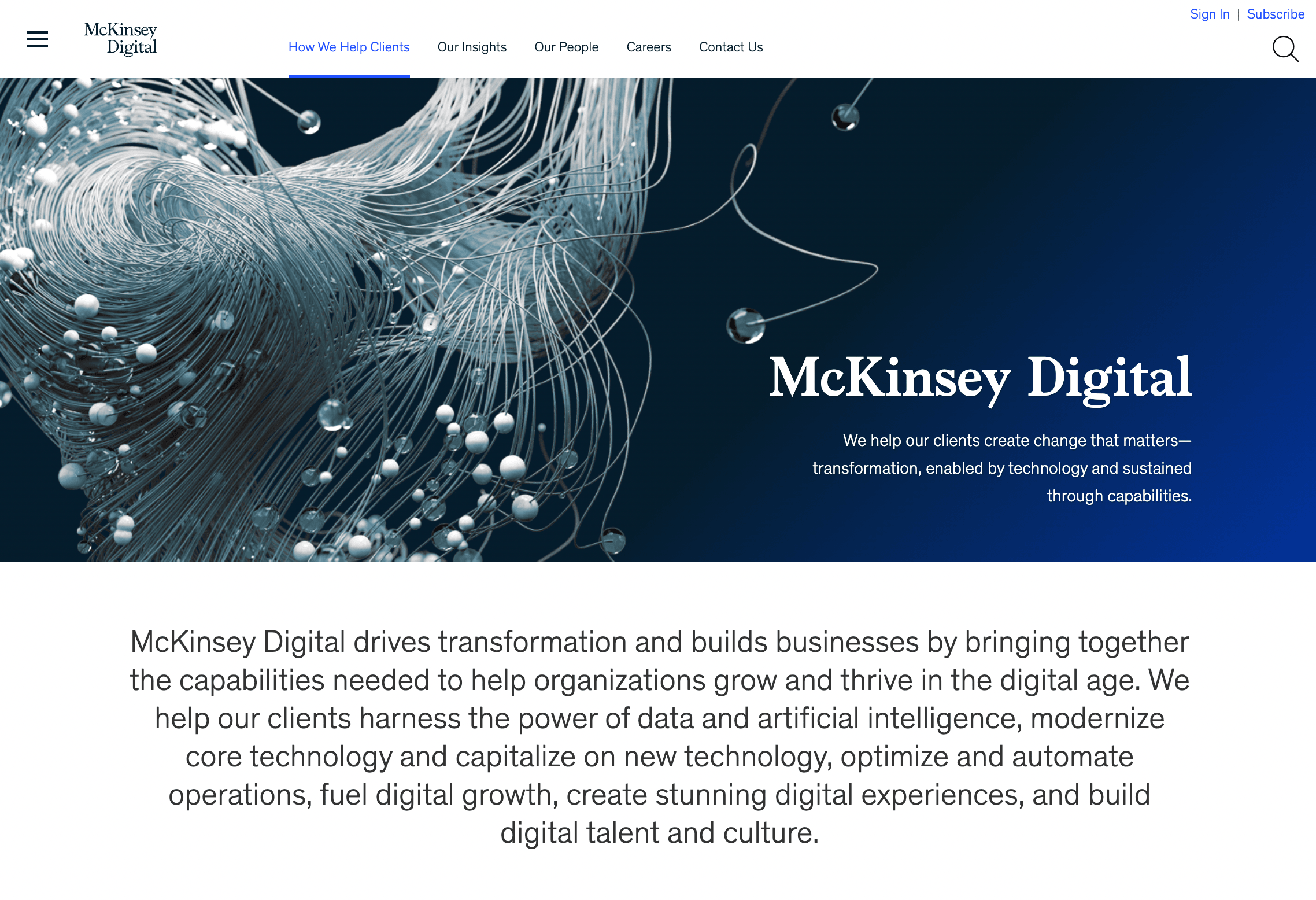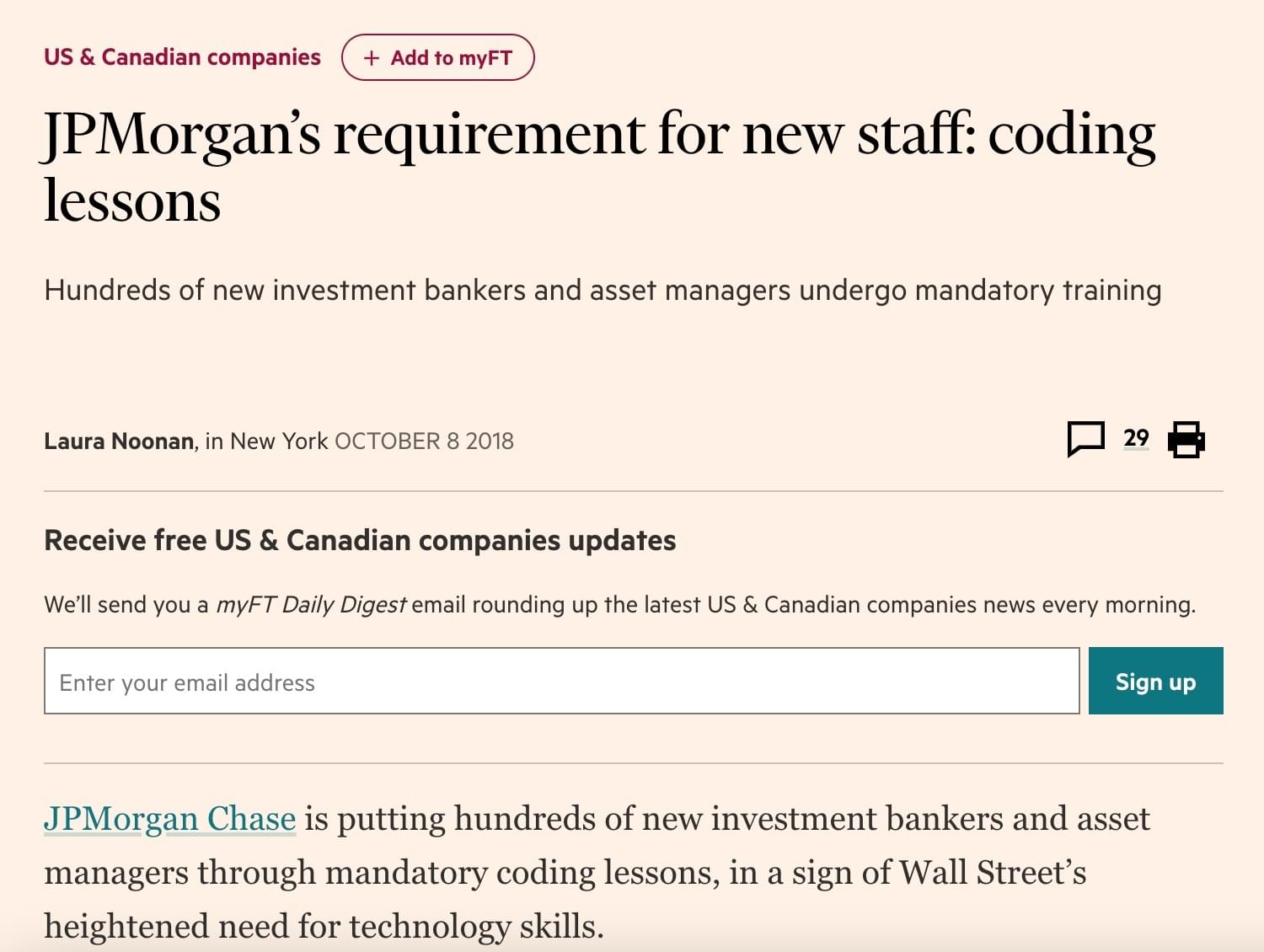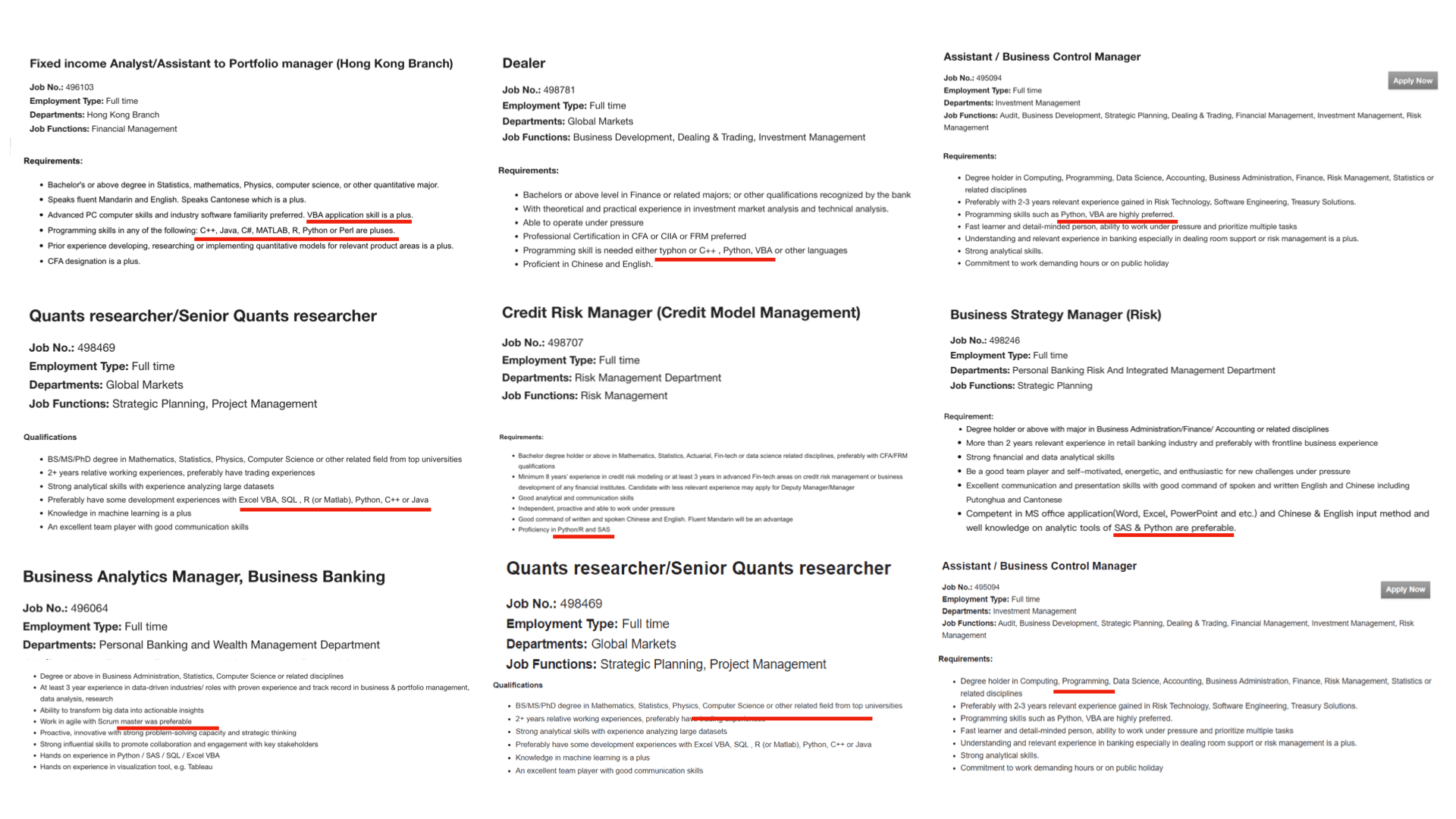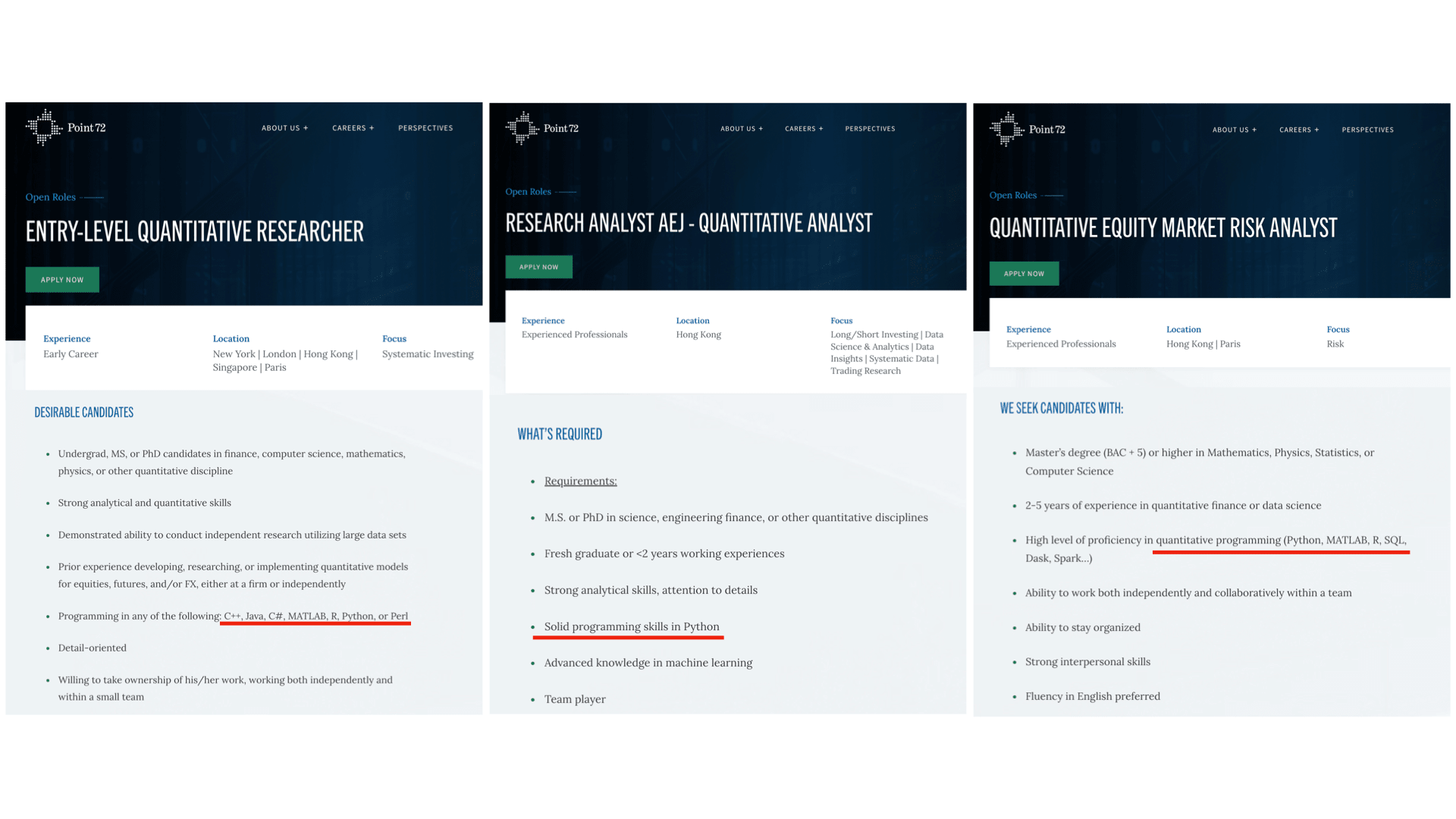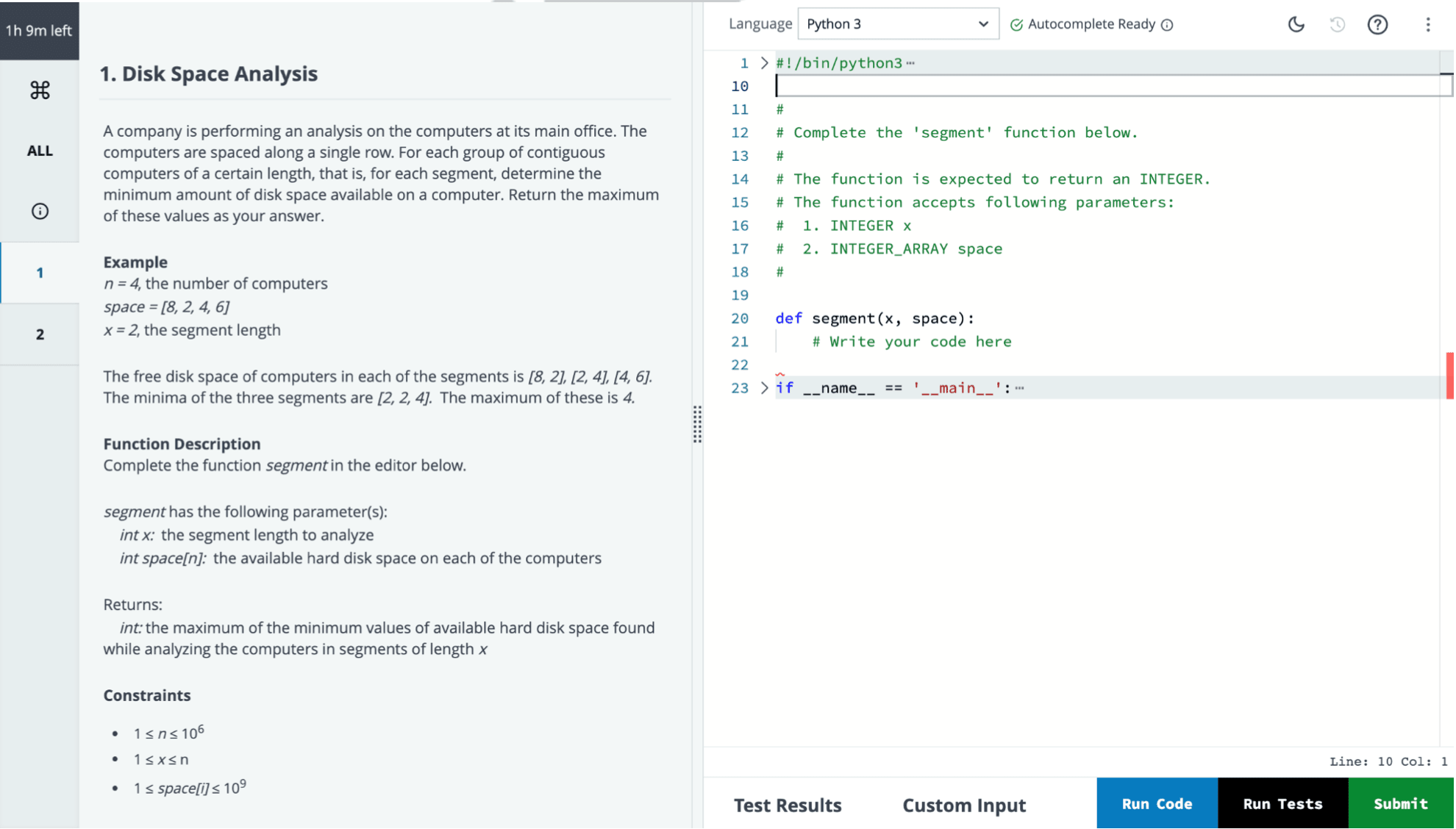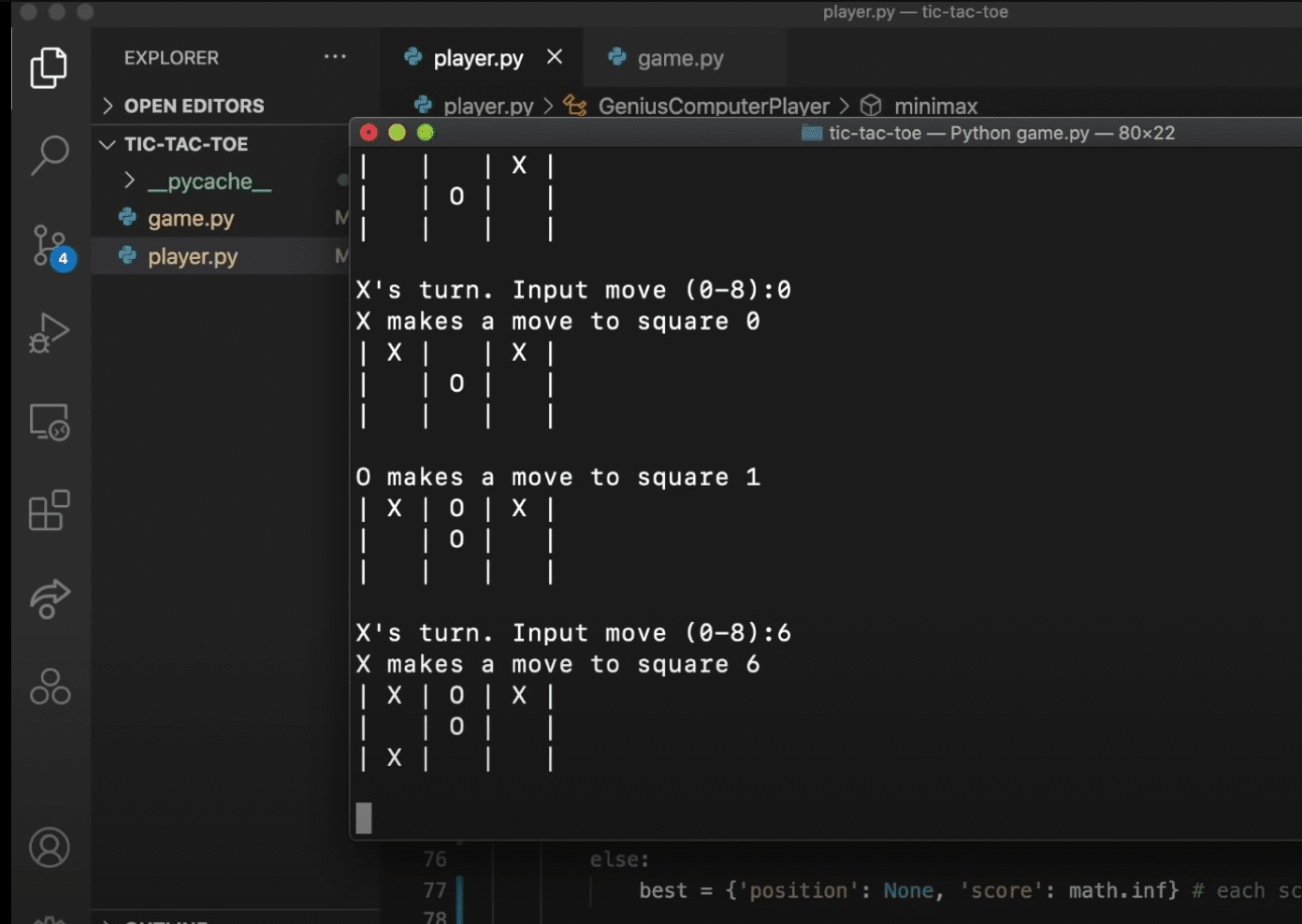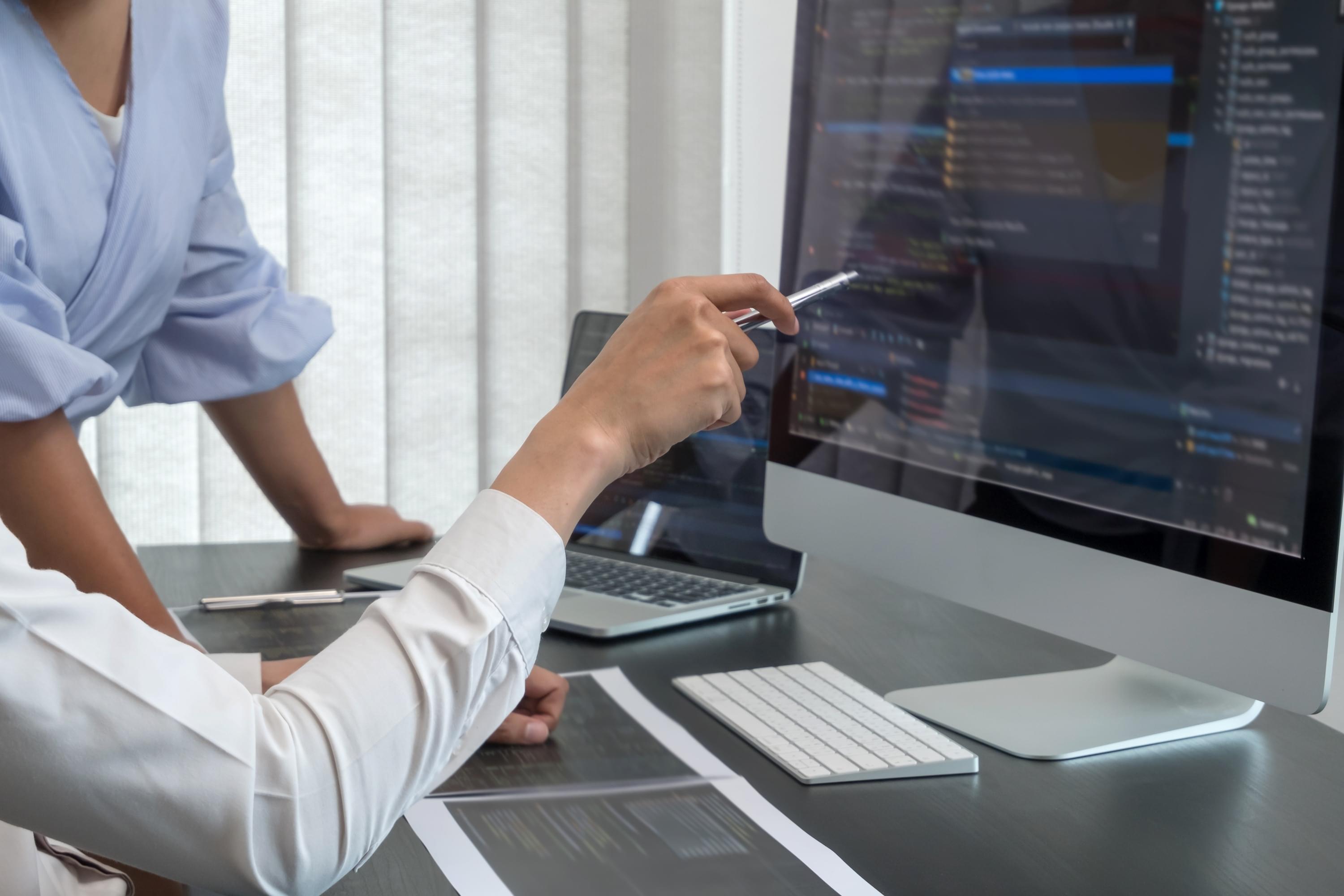You are definitely not the innovators, because they are the ones who learnt about tech and programming before anyone realizes there is a use for it. They are the ones who felt like the finance and consulting industry are too slow to change and therefore pivoted their career elsewhere.
You are also not the early adopters because they are the ones who followed the trail blazers, applied those coding skills in meaningful ways, and hence become the leaders in the field we look forward to becoming.
You are in the majority. But you have a choice of whether you move along with the early majority or stay behind with the late majority.
This is what this IT bootcamp is all about.
A choice.
Your choice.



